
Voices from Tanzania – Exploring cultural norms limiting women’s participation in artisanal and small-scale gold mining activities in Mwakitolyo, Shinyanga region
October 9, 2025Women have historically contributed to mining activities across the world, yet their roles have often been overlooked or undervalued. Also in Tanzania’s artisanal and small-scale gold mining (ASGM) sector, women face systemic barriers rooted in cultural norms, legal frameworks, and socio-economic structures. In this study, Thubutu Africa Initiatives (TAI) explores the cultural and social factors

Voices from Tanzania – Her place in the mine: Women’s struggles and aspirations in the gemstone sector of Kalalani, Tanga
September 30, 2025Tanzania is a key source of coloured gemstones, including tsavorite, rubies, and sapphires. The sector, driven largely by artisanal and small-scale mining (ASM), contributes to the national economy but women—who make up 25–30% of the workforce—are often confined to insecure, low-paying roles and see little of its benefits. This report, carried out by HakiMadini with methodological and editorial su

Voices from Tanzania – Well-being and economic mobility of women in the Mirerani Tanzanite mining area, Manyara
September 23, 2025Tanzanite, a rare and valuable gemstone, holds significant economic potential for Tanzania. Yet, the country’s mining sector is marked by persistent socio-economic inequalities, particularly affecting women. In Mirerani – the only place on earth where tanzanite is found – women face systematic barriers to decent work, equipment, training and leadership positions. These challenges – compounded by e
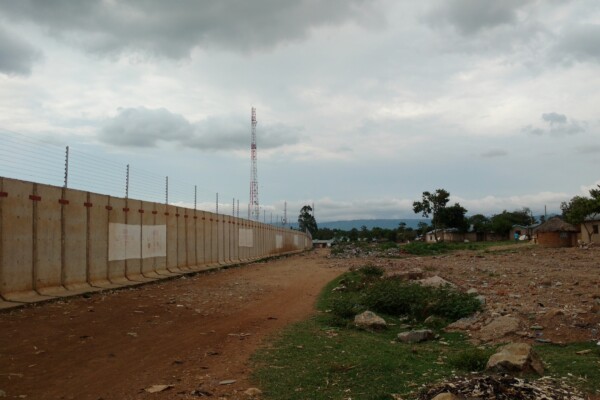
Voices from Tanzania – Social and economic impacts of land acquisition by Barrick North Mara Gold Mine in Tanzania: A case study of Komarera, Kewanja and Mjini Kati villages in Tarime District
June 19, 2024In Tanzania, the need for land has increased dramatically in recent years, to accommodate different types of investment that push for the country’s industrialization, economic growth and development. Despite the existence of well-established procedures and legal provisions, challenges persist within Tanzania regarding land acquisition […]
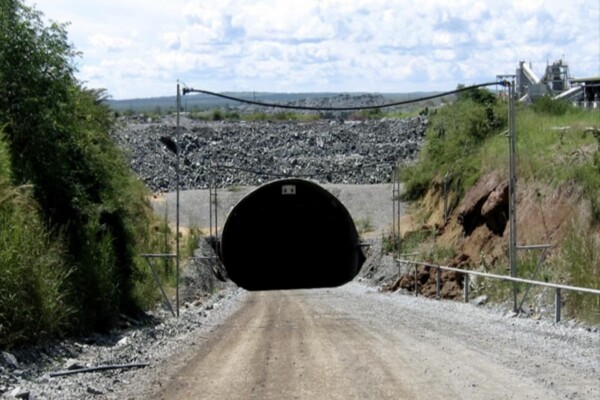
Voices from Tanzania – The social-economic impact of land acquisition practices related to Bulyanhulu Gold Mine on communities in Msalala district council, Shinyanga region
June 17, 2024This publication is part of IPIS’ Voices from Tanzania series and its edition on “The impact of land acquisition practices in the extractive sectors of northern Tanzania”. In their Voices from Tanzania study Rafiki SDO assesses the socio-economic impacts of land acquisition practices by the Bulyanhulu gold mine on 2 villages in Msalala district council, Shinyanga region. Download the report (EN) P
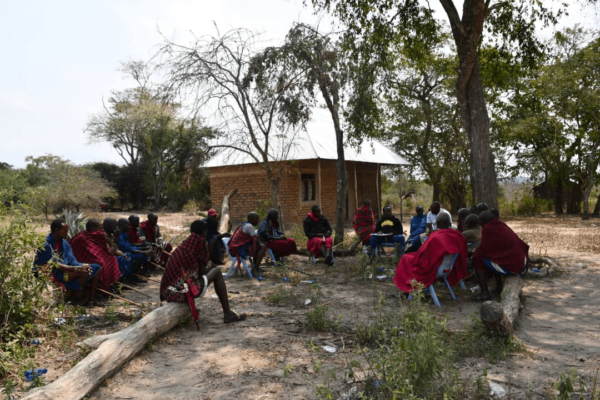
Voices from Tanzania – Small-scale producers’ awareness and involvement in the process of land acquisition for the East Africa Crude Oil Pipeline: The case study of Kilindi district in Tanga region
June 11, 2024This publication is part of IPIS’ Voices from Tanzania series and its edition on “The impact of land acquisition practices in the extractive sectors of northern Tanzania”. In their Voices from Tanzania study HAKIARDHI assesses the level of awareness and involvement of small-scale producers in the land acquisition processes for the East African Crude Oil Pipeline (EACOP) in 2 villages of Kilin
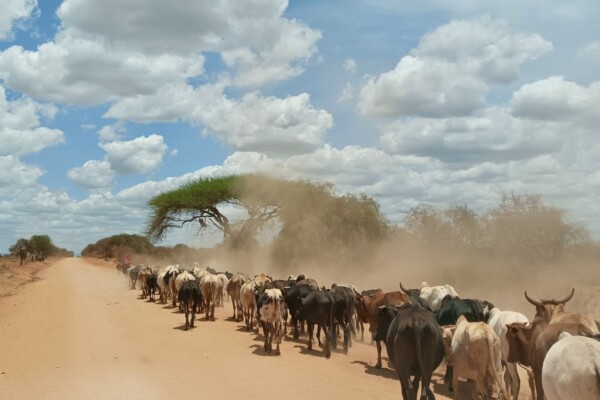
Voices from Tanzania – The impact of land acquisition processes for the East African Crude Oil Pipeline project on communities in Kiteto district, Manyara region
June 5, 2024This publication is part of IPIS’ Voices from Tanzania series and its edition on “The impact of land acquisition practices in the extractive sectors of northern Tanzania”. In their Voices from Tanzania study Kinnapa Development Programme discusses the impact of land acquisition processes for the East African Crude Oil Pipeline (EACOP) project on 3 village communities in Kiteto district, Manyara re

Due diligence and the risk of disengagement: Experiences from the mineral sector and a way forward for the CSDDD
December 11, 2023The Corporate Sustainability Due Diligence Directive (CSDDD) is currently being negotiated by the European institutions. This long-awaited piece of legislation is expected to be finalised by early 2024. With the aim of holding companies operating in the EU accountable for the adverse human rights and environmental impacts of their operations and the impacts across their value chains, the Directive
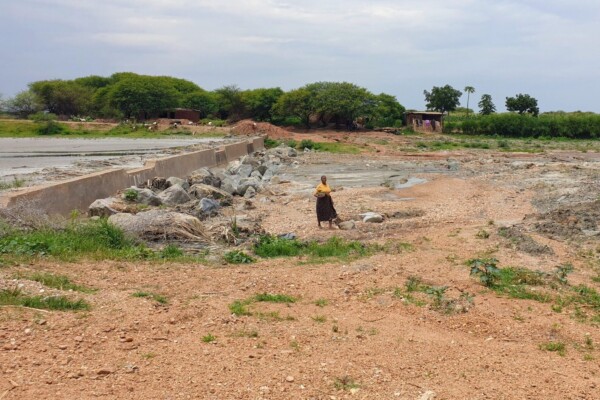
Petra Diamonds’ attempts to come clean with its tarnished past in Tanzania
November 9, 2023Challenges in securing access to remedy and restoring community relations after serious human rights abuse at the Williamson diamond mine This report assesses the efforts by Petra Diamonds to restore community relations and remediate the legacy of serious human rights abuse at its Williamson diamond mine in Tanzania. Download the report The Williamson Diamonds mine, adjacent villages a

The EU Conflict Minerals Regulation: High stakes, disappointing results
October 19, 2023The EU Regulation on the responsible supply of tin, tungsten, tantalum and gold (3TG) originating from conflict-affected and high-risk areas (CAHRAs) came into full force on 1 January 2021. Also known as the “Conflict Minerals” or “Responsible Minerals” Regulation, it aims to break the link between the exploitation and trade in 3TG on the one hand, and conflict financing on the othe
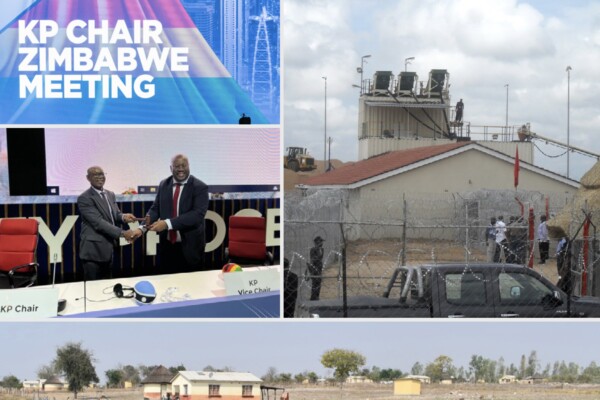
From laggard to leader? Zimbabwe’s turbulent diamond history
January 31, 2023This IPIS Insight provides background and context to Zimbabwe’s current Kimberley Process chairmanship, both historically and in light of whether it might present opportunities for government and corporate actors in the country to exorcise their demons.
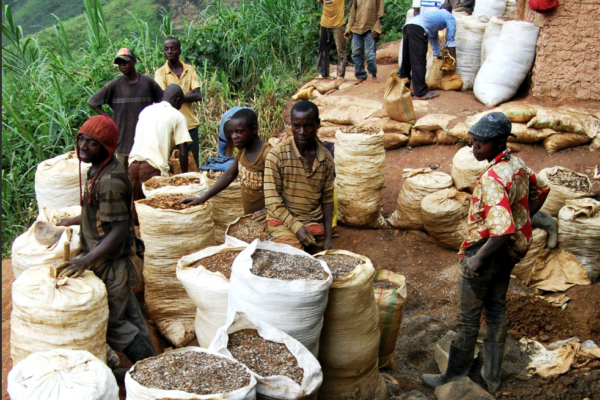
The European Regulation on Responsible Mineral Sourcing: what are the lessons learned so far?
September 28, 2022The 1st of January 2021 marked the entry into force of the European Regulation on Responsible Sourcing of tin, tungsten tantalum and gold (3TG) from conflict-affected and high-risk areas (EU CMR or Regulation). The objective of the Regulation is to oblige European companies to carry out due diligence checks on their suppliers up-to the middle of the supply chain in order to minimize and manage the

Russian diamonds and the war in Ukraine
April 4, 2022In this Insight, IPIS provides background and analysis on several aspects of the Russian diamond sector, what links it has to Russia’s invasion of Ukraine, and how the international business and political community is seeking an adequate response to the challenges this raises. The Russian invasion of Ukraine, that started on 24 February 2022, has led to international outrage. Russia’s targe
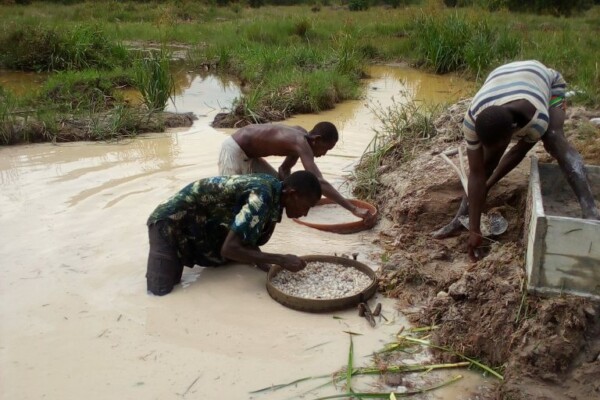
Grassroots research on local diamond mining impact
March 1, 2022During 2021, IPIS supported members of the Kimberley Process Civil Society Coalition (KP CSC) in a series of grassroots studies on the human rights, socio-economic and environmental impact of diamond mining in eight African countries. IPIS provided online trainings on field survey methodology as well as editorial support to ten civil society organisations who carried out independent field res
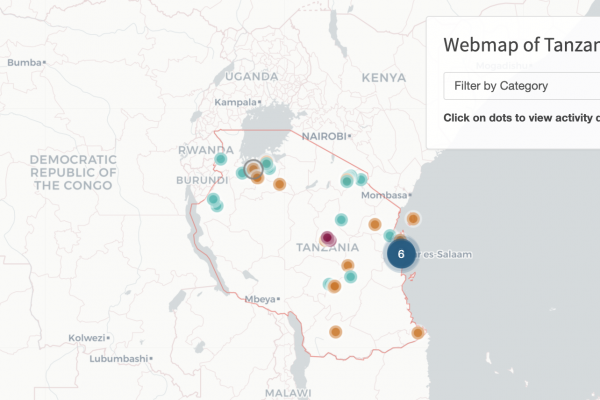
Webmap “Business and Human Rights in Tanzania”
August 18, 2021This interactive map presents an overview of the main project activities and output that IPIS and its project partners CHRAGG and BHRT have delivered as part of their project to “Improve monitoring, research and dialogue on Business and Human Rights in Tanzania ”. This project ran from December 2017 until February 2021. The map locates project activities in Tanzania and allows you to find out more
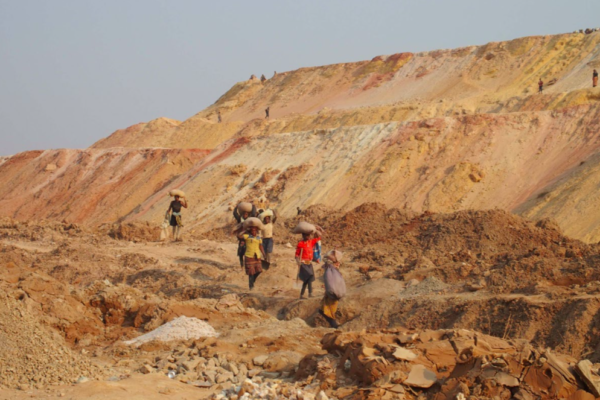
IPIS Due Diligence series – Comparative analysis between cobalt and 3T sourcing from the DRC
July 26, 2021This report compares the supply chains and traceability of 3T and cobalt ores in order to identify similarities, differences, and lessons learned from the decade of 3T experience in responsible sourcing, for the emerging cobalt initiatives. The experience of regulating responsible sourcing in the 3T sector has taught us the importance of engaging producing countries from the start of the draftin
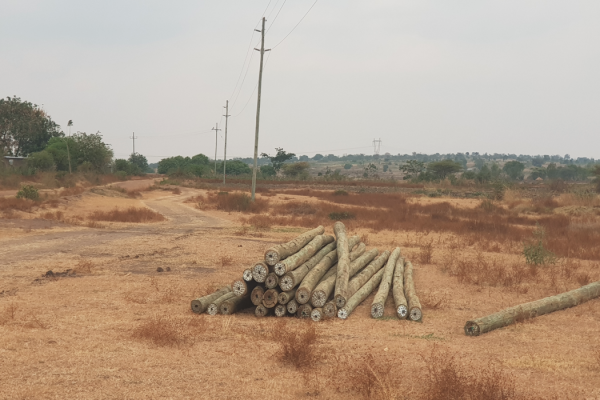
Voices from Tanzania – The human rights impact of large-scale infrastructure projects: Case studies on Business & Human Rights
April 1, 2021The Voices from Tanzania series supports local field-based studies into business and human rights topics in Tanzania. This third volume presents five cases studies that focus on the human rights impact of large-scale infrastructure projects. Download the study (EN) Pakta muhtasari kwa kiswahili (SW) The studies assessed the human rights impact of 3 energy supply projects– the East African Crude Oi
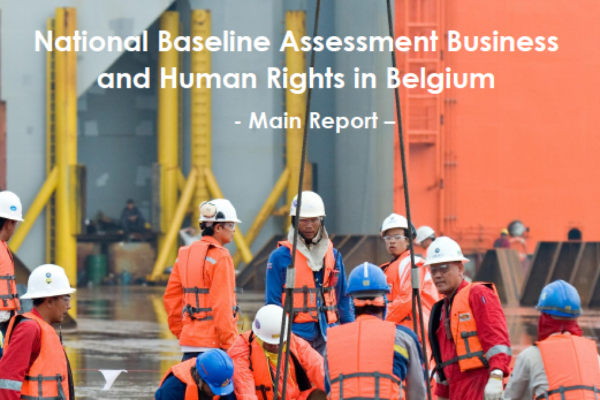
National Baseline Assessment – Business and Human Rights in Belgium
March 17, 2021IPIS contributed to the Belgian National Baseline Assessment (NBA). The report covers the findings and recommendations of the NBA. The NBA charts the progress made by Belgian authorities and companies since the launch of Belgium’s first National Action Plan on Business and Human Rights, in June 2017. The research was commissioned by the Belgian Federal Institute for Sustainable Developme
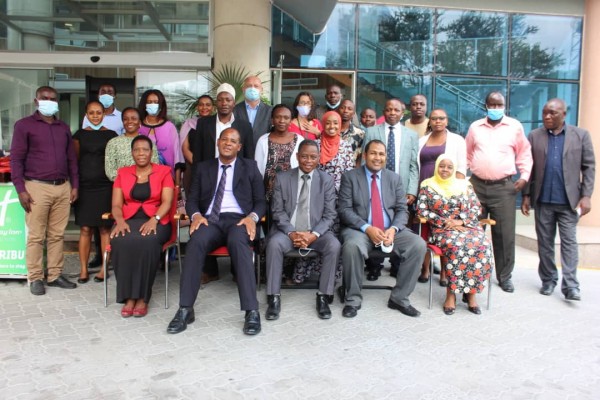
Report on the Third Multi-Stakeholder Conference on Business and Human Rights in Tanzania
February 27, 2021This report presents a summary of the outcomes of the Third Multi-stakeholder Conference on Business and Human Rights in Tanzania which was held in Dar es Salaam, Tanzania on the 17th of February 2021, at Holliday Inn Hotel. The conference was part of the project “Improving, monitoring, research and dialogue on business and human rights in Tanzania”, which aims at building local and
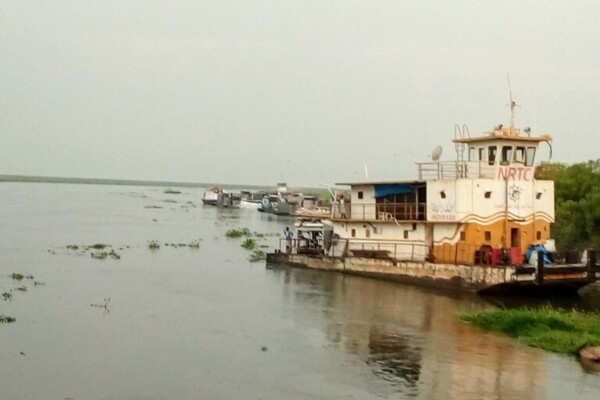
Annual Report 2019
August 26, 2020This 2019 annual report provides an overview of IPIS’ research projects, capacity enhancement and outreach activities throughout last year. Read the full activity report to see what IPIS has been up to in 2019.

